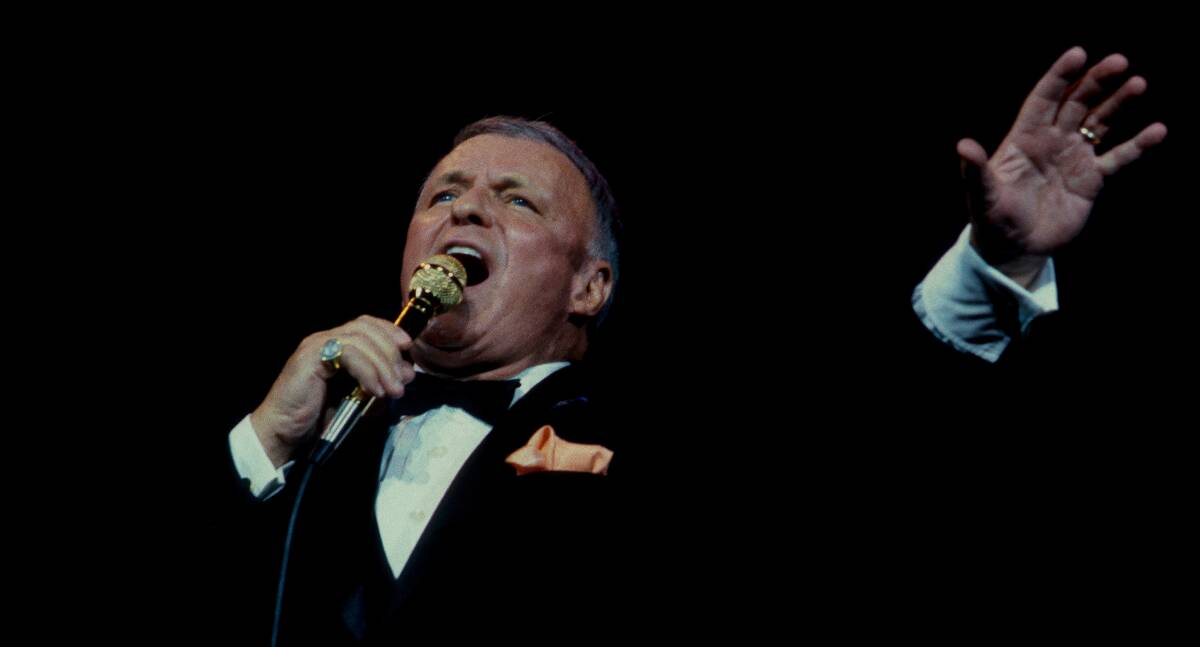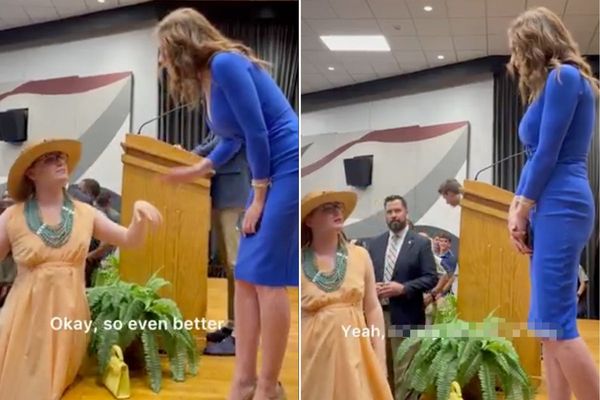Many of us wake up in the morning to a blaring alarm clock or our favourite song.
For the vast majority of NASA programs, astronauts have been awoken by different songs specially curated by Houston and sometimes their families.
Songs have been played for different reasons, some with parody lyrics to match the theme of the day, others being special requests and messages from famous musicians. Here are the top hits from each program.
Project Gemini
Gemini 6: On the mornings of December 15 and 16 in 1965, the tradition began with astronauts being awoken by a parody version of the Broadway show opener, Hello Dolly, sung by Jack Jones.
Gemini 7: The crew were sent I Saw Mommie Kissing Santa Claus for Jim Lovell from his daughter Barbara (aged 12), who hoped it would bring her dad home for Christmas a little bit earlier.
Gemini 12: The crew woke to My Favourite Things from the Sound of Music and finished their mission with Going back to Houston.
Apollo program

Apollo 10: Come Fly With Me by Frank Sinatra and The Best Is Yet To Come by Tony Bennett were among some of the wake-up hits.
Apollo 15: The theme from 2001: A Space Odyssey played for the spacecraft communicator Karl Henize.
Apollo 17: We've Only Just Begun by the Carpenters played to share the belief that the Apollo program would not be the last time humans set foot on the moon.
Skylab
Skylab 3: A message played from Mother Earth (the alter ego of Bob Crippen, another astronaut) to the astronauts on board.
Skylab 4: There was a message from the people of Germany followed by German Christmas songs. Happy Birthday and For He's a Jolly Good Fellow played for Bill Pogue on January 23, 1974.
Apollo-soyuz test project
Tenderness by Maya Kristalinskaya was played on July 19, 1975 to a soundly sleeping crew who did not hear the alarm and woke up later.
Space shuttle program
STS-1: A tape was played to prank astronauts Young and Crippen on the morning of April 14, 1981 - saying "Get to work now!" And "You've waited for 12 years for this! If you don't wake up now you're going to miss the whole thing!"
STS-4: Pilot Henry (Hank) Hartsfield's 25th wedding anniversary was on June 30, 1982, where on the first air/ground pass of the day, he heard taped messages from his two daughters and wife.
STS-8: Tala Sawari by Ravi Shankar was played on September 4, 1983 in honour of the decommissioning of the Indian INSAT satellite.
STS-51-G: A medley of wedding songs sounded in honour of John Creighton's upcoming marriage in 1985.
STS-51-I: Waltzing Matilda was played as the crew passed over Australia on the morning of August 28, 1985.
STS-26: Robin Williams woke the crew with "Gooooooood Morning Discovery!" in the Good Morning, Vietnam style on September 30, 1988.
STS-44: Patrick Stewart recorded a very special wake-up call at the request of Mario Runco, who was a big fan of Star Trek at the time. "This is Patrick Stewart, choosing not to outrank you as Captain Jean-Luc Picard, saying that we are confident of a productive and successful mission. Make it so."
International Space Station
STS-88: The first song played after the successful first international Space Station Assembly mission was I Got You (I Feel Good) by James Brown in 1998.
STS-96: Danger Zone by Kenny Loggins was played in honour of Commander Kent Rominger, who graduated from the Naval Fighter Weapons School that inspired the movie Top Gun.
STS-106: In 2000, All star by Smash Mouth was played to celebrate the 50th space walk in Space Shuttle History.
STS-111: I Got You Babe by Sonny and Cher from the movie Groundhog Day was often played for missions that were extended by a couple of days (for reasons such as bad weather), as crewmembers would need to wake up and repeat activities for landing.
STS-135: The crew on this mission were awoken on multiple days by different artists and their personal messages, from Elton John, Paul McCartney, Beyonce, Coldplay and R.E.M.
Mars rovers
The Mars Pathfinder and Sojourner rovers had their own wakeup calls as a bit of a joke; songs such as Dreams by Van Halen, The World is Waiting for the Sunrise by Gene Lockhart, and Mars Rovin by the Tempus Fugit and the Time Travellers were played.
Mars Spirit and Opportunity again had songs used to entertain engineers and operators of the rovers, with some songs such as We Will Rock You by Queen (played for the first observations of a rock on Mars) and Hit the Road Jack by Buster Poindexter (for when the rover was driving a long distance).
- Amy Briggs is undergraduate student at ANU studying science communication, with special interest in astronomy and astrophysics.







